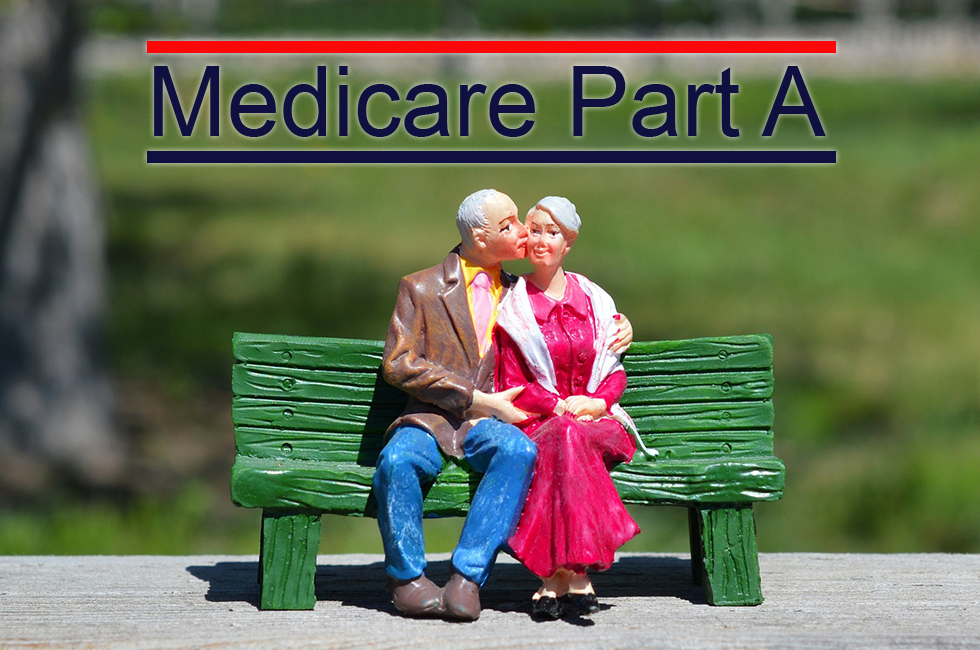What is Medicare Part A?
What Does Medicare Part A Cover for Seniors?
Medicare is a US government-sponsored health insurance program for seniors who are 65 or older, certain younger people with disabilities, and people with end-stage renal disease. This article will explain Medicare Part A in detail to help you better understand how it works and some of the costs you can expect for your 2023 coverage period.
The two parts of Original Medicare are: Part A and Part B. Part A is the hospital insurance that helps pay for inpatient care. This includes care in a skilled nursing facility or at home. Part B is the medical insurance that helps pay for doctor’s services, outpatient care, lab work, therapy, durable medical equipment, and other items not covered by Part A.
Medicare Advantage Plans (sometimes called “Part C”) are an alternative to Original Medicare coverage offered by private companies approved by Medicare to provide all of your Original Medicare benefits (Parts A & B). These plans may offer additional benefits such as vision or dental coverage.
What Does Medicare Part A Cover?
The purpose of Medicare Part A is to help seniors pay for the cost of inpatient care at either a medical facility or even at home. The costs associated with inpatient care can be quite expensive and Medicare Part A helps pay for some of that expense. Let’s go into detail and learn about the four key areas of coverage.
Inpatient Hospital Care
If someone has been admitted as an inpatient under a doctor’s order at a hospital that accepts Medicare, they will qualify for coverage. Some of the typical services covered by Medicare Part A during a hospital stay are a semi-private room, your meals, required medications, general nursing, and other supplies and services required for your stay.
For the 2023 benefit period, there is a $1,600 deductible for inpatient hospital care. There is $0 copay for the first 60 days and $400 coinsurance per day between 61-90 days. If your hospital stay goes beyond 90 days, you will start to run into what is called “Lifetime Reserve Days” of which you receive 60 in your lifetime. Your costs at that point are $800 per day and once exhausted, you will be responsible for all costs.
Skilled Nursing Facilities
This type of care is covered on a short-term basis. You must have spent at least 3 inpatient days at a hospital within 30 days prior to admittance at an SNF. The stay must be related to the care required from the initial hospital inpatient stay whether from a condition that initiated the inpatient care or one that occurred during the hospital stay.
Medicare Part A does not cover custodial care, which is what nursing home care is most commonly known for. Custodial care is considered a service that does not require professional skills or training. This may include assistance with eating, bathing, getting dressed, and using the bathroom.
Home Health Care
Medicare covers most aspects of home health care through both Part A and Medicare Part B. The goal is to help offset the cost of healthcare for those who are certified by a doctor as being homebound.
To qualify, the patient must be under the care of a doctor who has created a plan of care that is regularly reviewed. This plan may include periodic skilled nursing care. Physical, speech, and occupational therapies may also be also covered. There is $0 coinsurance for approved home healthcare services. There are costs involved for medical equipment based on Medicare Part B coverage after you’ve met the deductible.
Hospice and Respite Care
Medicare Part A covers everything required for hospice care when someone has been certified by a doctor as terminally ill with a life expectancy of 6 months or fewer. To qualify, the patient must accept palliative care, also known as comfort care, and sign a statement that they choose hospice care over other Medicare-approved treatments for their terminal illness.
Hospice care can be received at a hospice care center, at home, or at a nursing home. Those who choose to stay somewhere other than a hospice care center would be responsible for room and board fees if any apply.
Respite care refers to part-time help for primary caregivers. This can mean short-term relief anywhere from a few hours a day to a few days or weeks. While receiving hospice care, there is only a 5% copayment for respite care services.
Where Can I Learn More About Medicare Part A and Getting Signed Up?
The easiest thing you can do is give one of our certified agents a call at (561) 420-0280. We can answer any questions you have about Medicare. Absolute Best Insurance has offices conveniently located in Boca Raton, Greenacres, and Port St. Lucie. There is no fee for our services and we will be with you through every step of the process.
Have a Question?

